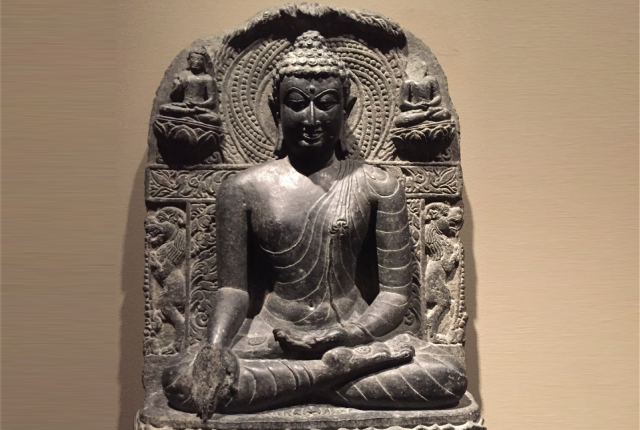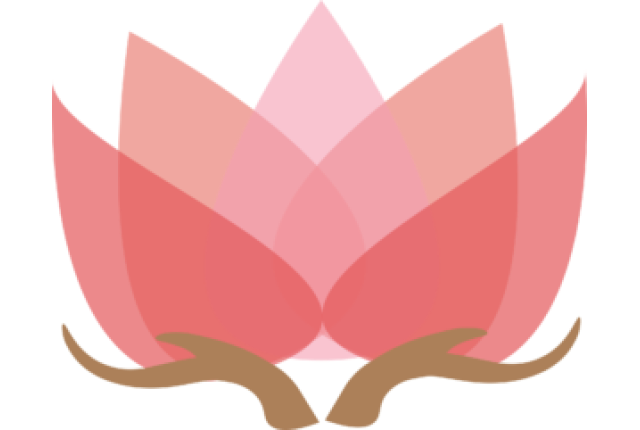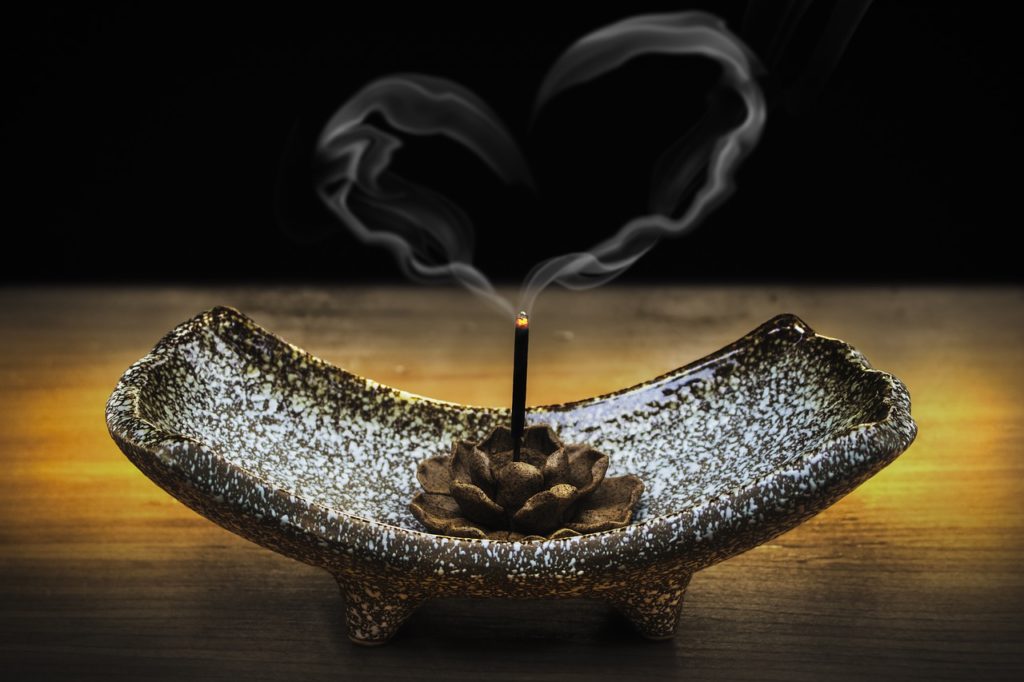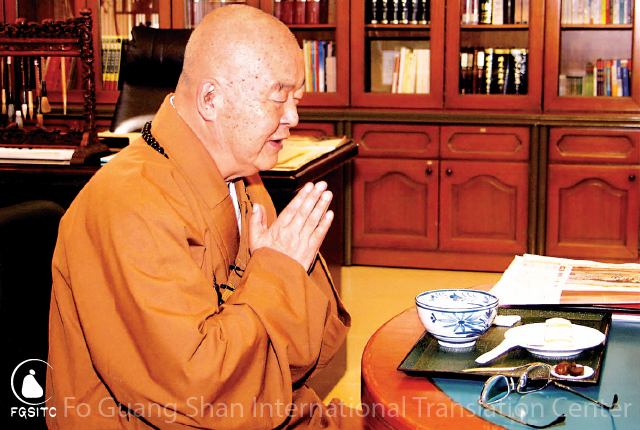
As we live, we must strive for a life of value. Buddhism is different from philosophy, for it does not only deal with knowledge and theory. Rather, Buddhism calls for devout faith, developed morality, and most importantly: spiritual practice.
All we need is the right intention to begin any form of spiritual practice, whether it is bowing to the Buddha, chanting sutras, repentance, meditation, or other such practices. Any of these can form the basis of a daily practice.
You can start your Buddhist practice right at home.
Many Buddhists dedicate a room or a small space in their home specifically for their Buddhist practice. This place becomes the focus of one’s meditation and recitation.
Such a place can also be the center of one’s devotional practices. It can be where one places a Buddha image, pays homage and bows to the Buddha, and makes offerings.
A Buddha statue should be located in a place of respect. A Buddha statue can be placed in the living room of a house at an elevated place. It is also possible to place a Buddha statue in a bedroom by placing it in a cabinet—opening the doors when one is engaging in spiritual practice and keeping them closed when one is not. It is also possible to mount an image of the Buddha in a picture frame, bring it out while in use, and keep it in a high place or out of sight otherwise.
Bowing before a Buddha statue is a common sign of devotion, humility and respect. Buddhists will often make three bows to the Triple Gem: one to the Buddha, the teacher; one to the Dharma, the teaching; and one to the Sangha, the monastic community. Another common practice is to make offerings before a Buddha statue. Offerings need not be elaborate, some incense, flowers, water, or fruit is just fine.
It is important to be practical with regards to Buddhist practice.
For example, when doing daily recitations one should not do so too loudly out of respect for one’s neighbors. If someone knocks on the door or the phone rings during sutra chanting, simply mark one’s place with a piece of paper or a bookmark and resume again once the matter has been dealt with.
One’s practice should take shape around how much time one has in the day.
Some suggestions:
1-Minute Practice
- Bow or join one’s palms before a Buddha statue at a home shrine or when passing a Buddhist temple.
- Offer incense, flowers, or a cup of water before a Buddha statue.
- Recite Amitabha Buddha’s name three times.
- Chant the four-line verse from The Diamond Sutra.
2-Minute Practice
- Chant The Heart Sutra during one’s household chores, like sweeping the floor, cooking dinner, or washing the car.
- Chant the ten great vows of Samantabhadra Bodhisattva.
- Bow to the Buddha three times.
5-Minute Practice
- Before going to bed or right after waking up, sit calmly and observe the mind for five minutes.
- Recite the name of Amitabha Buddha by exhaling, reciting ten times quickly, and only then breathing in.
- Chant The Eight Realizations of a Bodhisattva Sutra.
10-Minute Practice
- Chant The Universal Gate Sutra, The Amitabha Sutra, or The Great Compassion Mantra and Ten Short Mantras.
15-Minute Practice
- Chant The Diamond Sutra.
- Bow to the Buddha with twelve slow, mindful bows.
- Sit in meditation and contemplate the mind.
30-Minute Practice
- Sit in meditation and contemplate the mind.
- Recite Amitabha Buddha’s name continuously.
- Bow to the Buddha with twenty-four slow, mindful bows.
- Chant a chapter from The Lotus Sutra or The Flower Adornment Sutra.
60-Minute Practice
- Chant The Amitabha Sutra or Universal Gate Sutra, recite Amitabha Buddha’s name, circumambulate a Buddha statue, and transfer the merit.
- Chant The Diamond Sutra three to five times.
- Chant the Great Compassion Mantra 12, 24, 32, or up to 108 times.
***Related sutras and texts can be downloaded here.
The main purpose of spiritual practice is to develop one’s power of will. Just as porcelain plates and ceramic jars must be fired in a kiln or baked in the sun to become strong, we grow closer to recovering our true self through daily practices like offering incense, bowing to the Buddha, reading or chanting sutras, or meditation. By maintaining these practices regardless of how busy or idle we are, we will improve our temperament, purify our spirit, elevate our character, and enhance our vitality.












